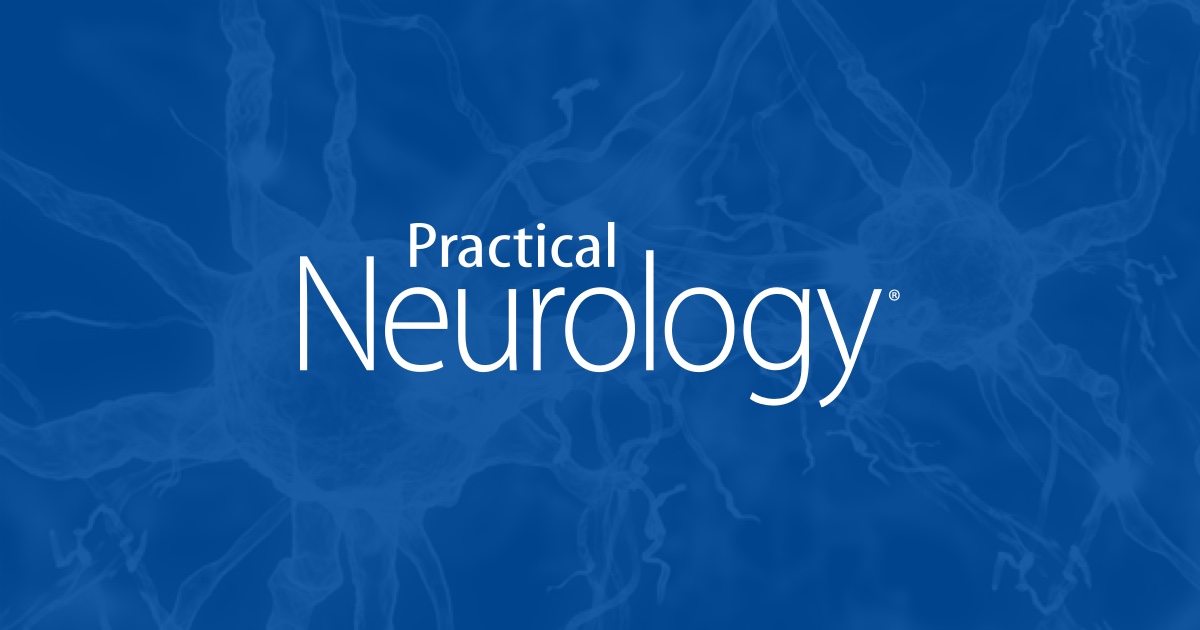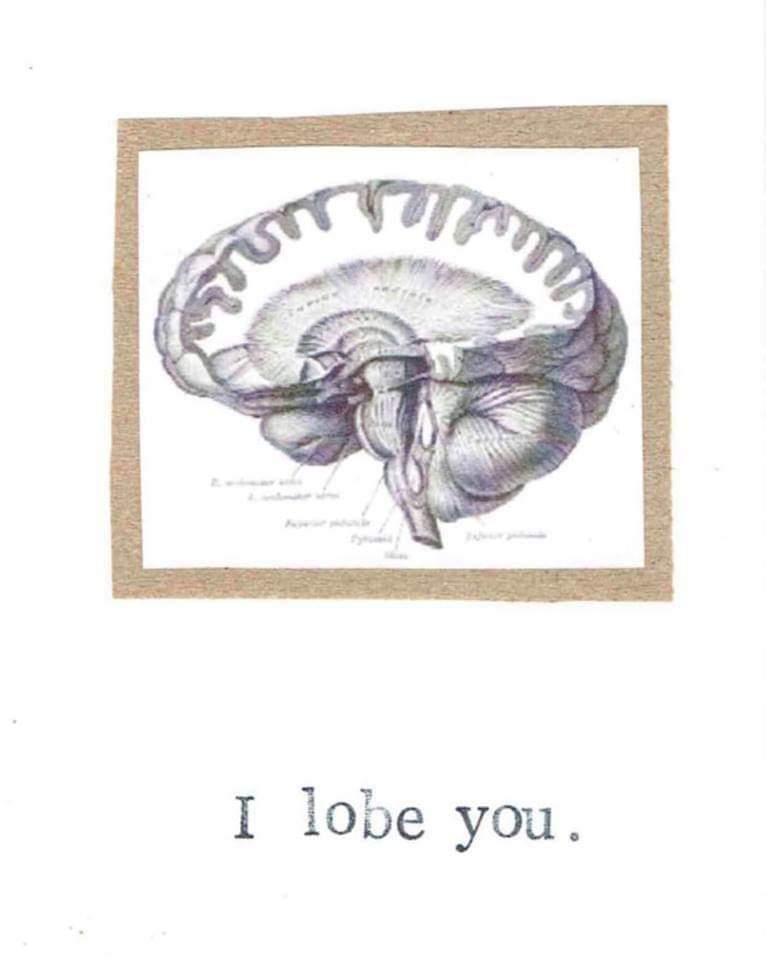The Weight of the Mind

Mike had always struggled with his weight. For as long as he could remember, he had been heavier than other kids, and as he entered adulthood, the problem only got worse. Despite countless diets, workout regimens, and even medical consultations, nothing seemed to work. Mike’s weight continued to climb, and with it, his frustration and despair. No matter how hard he tried, the numbers on the scale just wouldn't budge. Over time, he resigned himself to the idea that maybe he was just destined to be obese.
In his early 40s, Mike started experiencing other health issues—high blood pressure, chronic fatigue, and episodes of severe anxiety. His doctor, concerned about the combination of physical and mental symptoms, referred him to a neurologist for a full examination. After some initial tests, the neurologist suggested something Mike had never considered: a brain scan.
Mike agreed, mostly out of desperation. A week later, he found himself in a sterile, dimly lit room, lying inside the whirring machine of an fMRI scanner. The experience felt surreal, as if he was embarking on a journey to unlock the secrets of his own mind. But nothing could prepare him for what the results would reveal.
The neurologist sat him down a few days later and explained that the scan had uncovered something unusual. Mike’s anterior cingulate cortex (ACC)—a region of the brain involved in emotion regulation, decision-making, and impulse control—was significantly smaller than average. This part of the brain also plays a key role in monitoring conflicts between goals and actions, including the ability to manage cravings and regulate eating behaviors.
The neurologist explained further: “The ACC helps people balance long-term goals, like losing weight, with the short-term desires, such as eating comfort food. In some individuals, a smaller ACC might contribute to difficulties in impulse control, including overeating, or feeling that your body’s signals are out of sync with your goals.”

For the first time, Mike felt that his struggles with weight weren’t simply a failure of willpower or effort. There was a neurological component at play that no one had ever addressed.
Armed with this new information, Mike began working with a specialized team that included a neurologist, a psychologist, and a nutritionist. They focused on strategies that took his brain's structure into account—cognitive behavioral therapy to help rewire his brain’s pathways, mindfulness training to increase his awareness of hunger signals, and structured routines that bypassed the impulse-driven decisions his brain struggled to control.
Progress was slow, but for the first time in his life, Mike felt hopeful. He wasn’t fighting against himself anymore; he was working with a deeper understanding of his own mind. Over time, his weight began to drop—not dramatically, but steadily. More importantly, Mike felt in control for the first time, knowing that his struggles weren’t just personal failures, but were rooted in the unique wiring of his brain.
In the end, Mike’s story wasn’t just about losing weight. It was about gaining insight into himself and learning that sometimes the key to change lies in understanding the unseen forces within.

